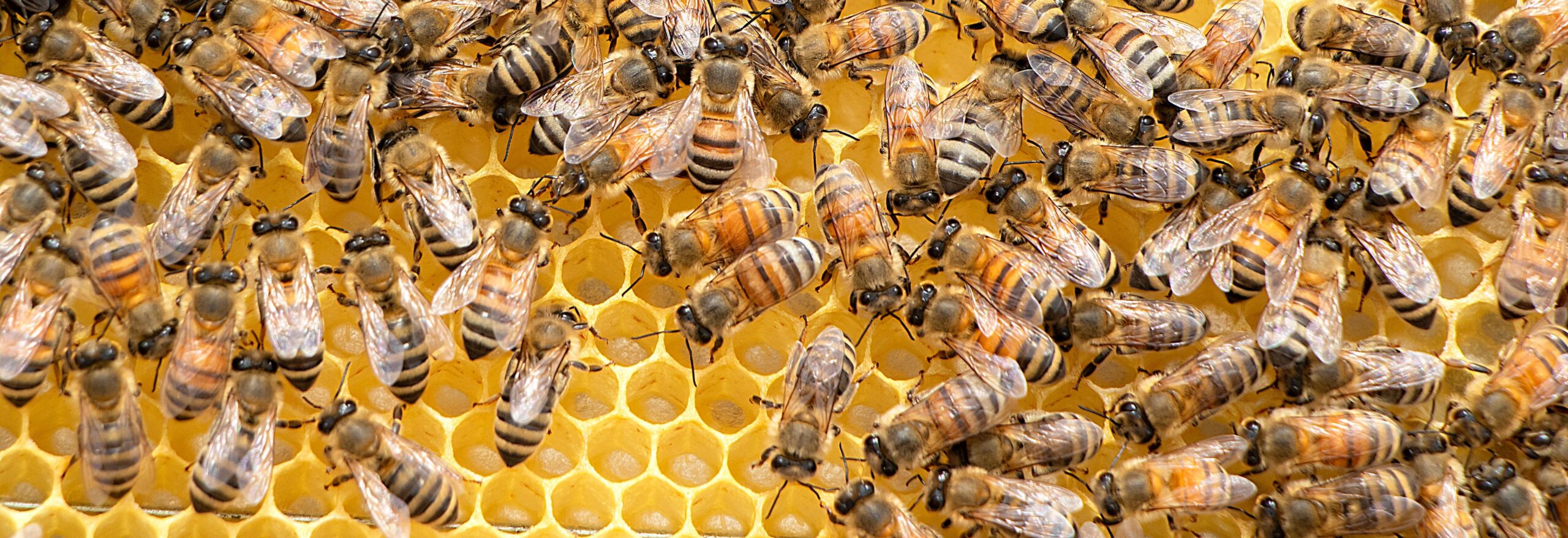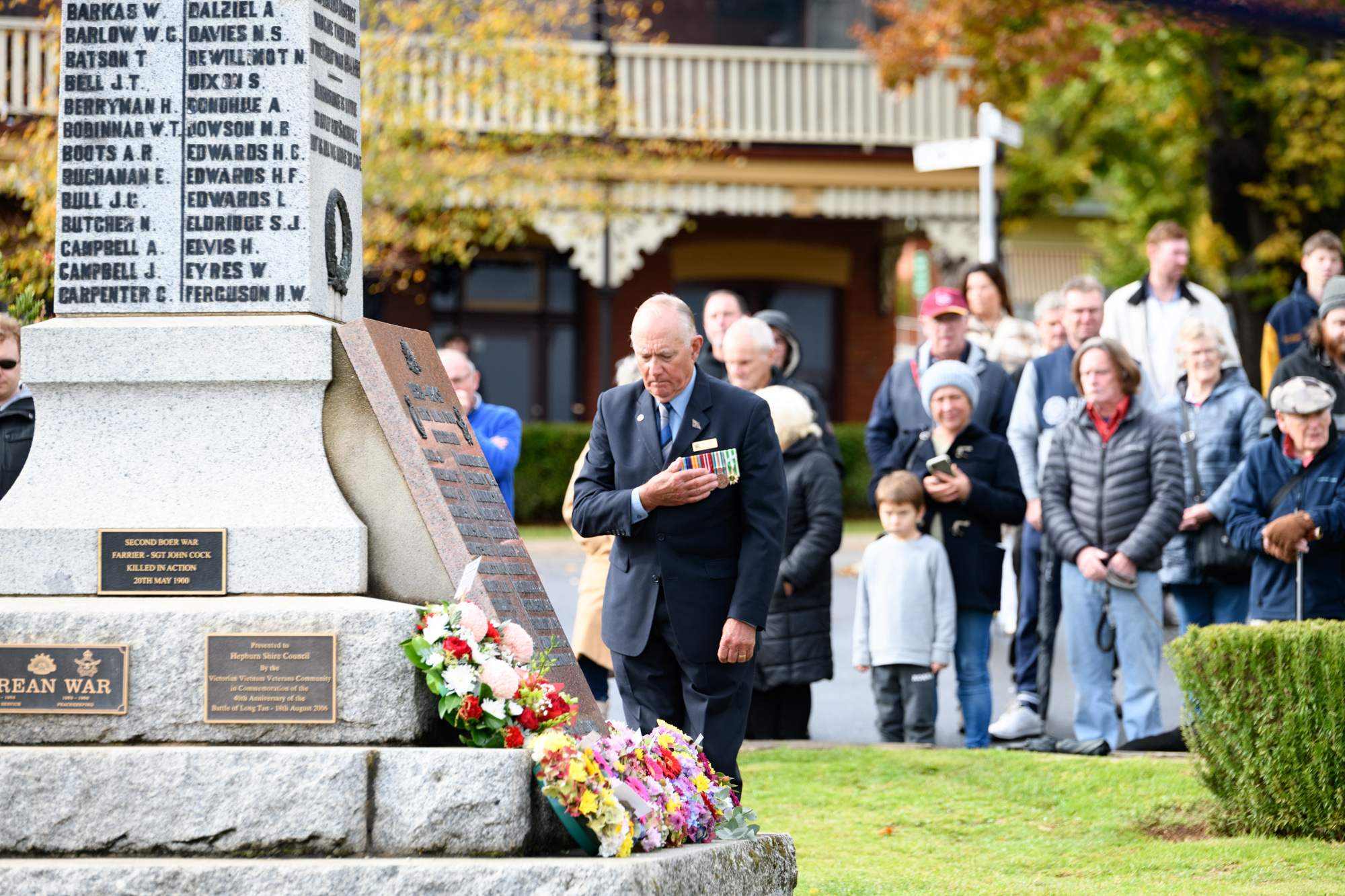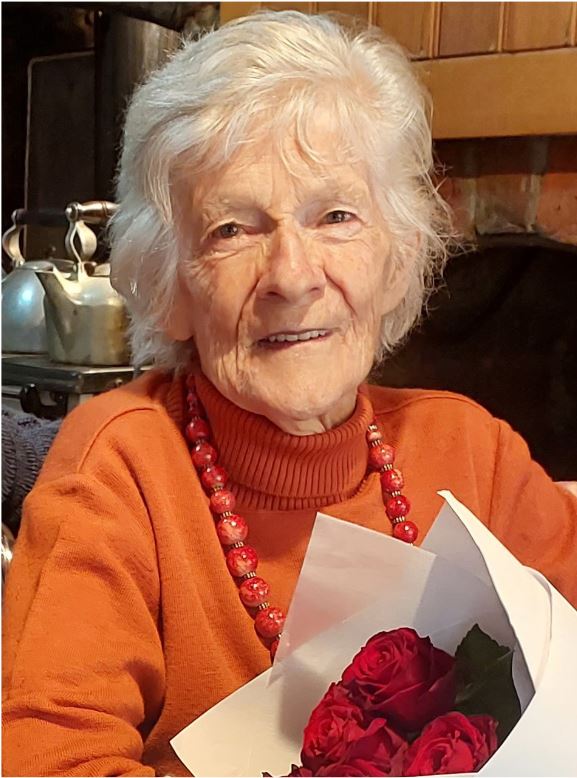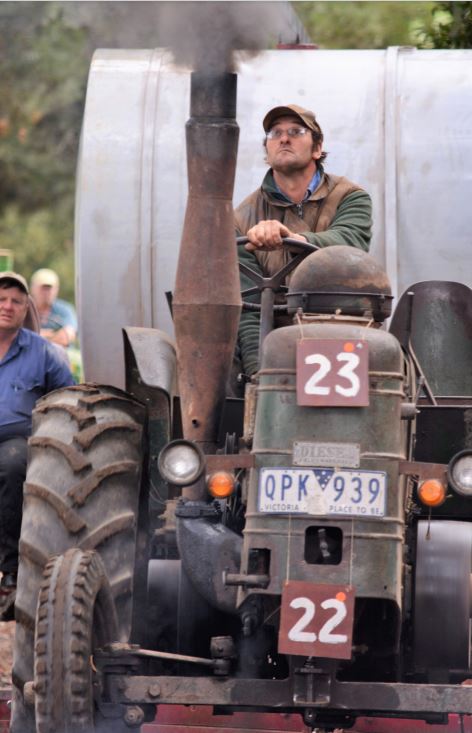November 28th, 2021Glen, about the house
Bees, a disappearing race?
If you think you’ve noticed the absence of bees, especially the little native types in your garden of late, you may be right. It could be that this unusually fearsome spring weather has kept them indoors but recent disturbing agricultural and horticultural news reports indicate a disturbing lack of activity on the bee front during the critical spring blossoming season.
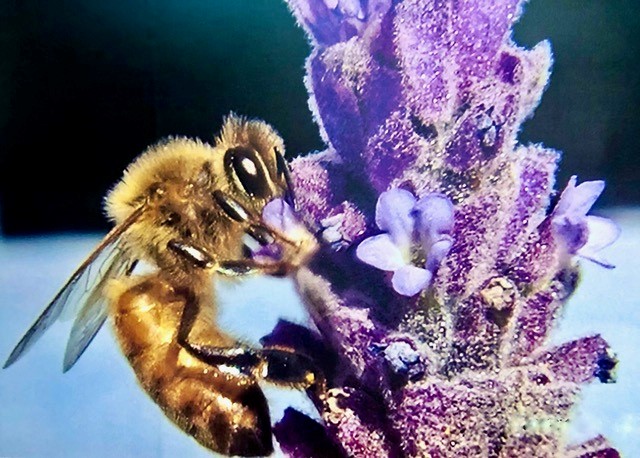
Admittedly many of our rural areas have been devastated by at least one of the terrible trio – fire, flood and drought – but those on the urban fringe have unknowingly played our part as well.
Just about every fruiting or seeding plant on earth needs a hand in the “sexual” sequence of reproduction. After all, fruits and nuts weren’t put on earth to feed us, they are just part of nature’s scheme to aid in the reproduction of our plant life and bees, and all the other flying insects, are but one of the many tools. By attracting them with sweet nectar and perfumes the insects accidentally transfer the pollen from the anther (male part of the flower) to the female stigma – not always of the same plant – hence cross-pollination aka hybridising.
Honey
The honey bee plays a major role, living in colonies rather than randomly as most other insect species do. Better than that, they have been given tiny hairs on the body and a tiny, sticky ‘basket’ on each hind leg, which enables them to unknowingly carry the pollen considerable distance to other similar plants. And let us not forget their wonderful gift to us…honey.
But we are their greatest enemy with our rampant use of chemical insectides and even some fungicides.
There are solutions. Avoid spraying during the blossom season and check if the product you are using is least harmful for bees. They do exist.
And if you think we live too far from any agricultural or horticultural activity keep in mind bees normally range up to 5km from home in their search for food, quite often up to 10km. Some have strayed as far as 20km at times of severe drought.
So let’s play our part in saving our bees by encouraging them into our gardens with sweet-smelling nectar-laden flowers. There are plenty to choose from besides the obvious such as lavenders, roses, and honeysuckle. Acacias, grevilleas and free- flowering eucalyptus are among the most obvious as a start.
Bee hotel
More than that placing a bee hotel in one of your trees will do much to attract the solitary dwelling and docile native bees. Not too forthcoming with honey but great pollen spreaders. They will reward you with improved crops from your fruit trees and vegies. (I’ve featured these in previous issues of The Local so just email me if you would like a copy.)
Maybe you would like to go the whole way with your own beehive among your fruit trees or even allow an apiarist to lease a space for one during the the peak season – just think of all that beautiful honey you receive as rent.
In any case, the danger of getting stung is minimal if the bees are left alone or don’t feel threatened in any way. I’ve been around bees since childhood.
My father, an amateur apiarist, kept a couple of bee boxes in the nether region of our family nursery and I managed to be at the stinging end a few times during honey collection time. It always hurt like hell but I never suffered any lasting side effects.
Who you gunna call?
If I have sparked your enthusiam to become an amateur apiarist you could get in touch with the Castlemaine Bee Sanctuary.
Through them you can either rent your own hive or sponsor one at the sanctuary.
Castlemaine Bee Sanctuary is online at www.adoptabeehive.com.au or call 0490 399 319 or email danielshepherd@gmail.com
Got a gardening question? Email glenzgarden@gmail.com


